Life
Sign up for our newsletter
We summarize the week's scientific breakthroughs every Thursday.
-
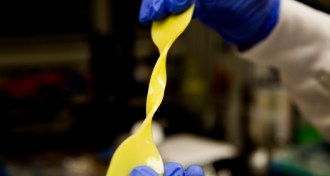 Materials Science
Materials ScienceThis artificial cartilage gets its strength from the stuff in bulletproof vests
One of the key ingredients in this artificial cartilage is a nanoversion of the synthetic fiber in body armor.
-
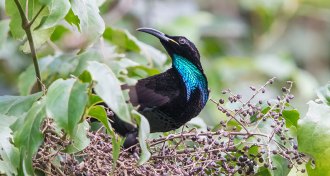 Animals
AnimalsWhy some birds of paradise have ultrablack feathers
Birds of paradise have superblack feathers because of tilted, spiky microscopic features in their feathers.
-
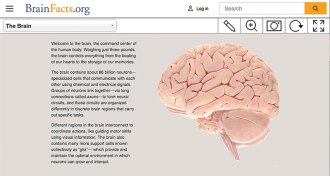 Neuroscience
NeuroscienceWebsite invites you to probe a 3-D human brain
Getting up close to the human brain is easy with BrainFacts.org’s interactive organ.
-
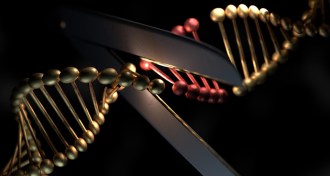 Genetics
GeneticsCRISPR gene editor could spark immune reaction in people
Immune reactions could shut down CRISPR/Cas9 gene editing.
-
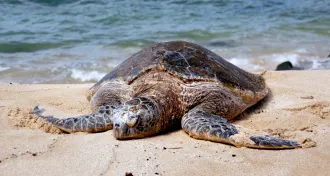 Climate
ClimateWarming ocean water is turning 99 percent of these sea turtles female
Green sea turtle populations in part of the Great Barrier Reef are becoming increasingly female due to higher ocean temperatures.
-
 Microbes
MicrobesNew pill tracks gases through your gut
Swallowing these pill-sized sensors could give new insight into what’s going on in your gut.
-
 Animals
AnimalsBlowflies use drool to keep their cool
Personal air conditioning the blowfly way: Dangle a droplet of saliva and then reswallow.
By Susan Milius -
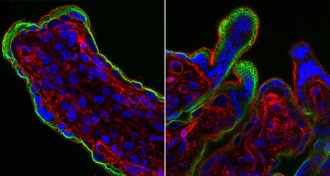 Life
LifeA key virus fighter is implicated in pregnancy woes
In mice, activating a key component of the body’s antiviral machinery in response to a Zika infection can cause harm to developing fetuses.
-
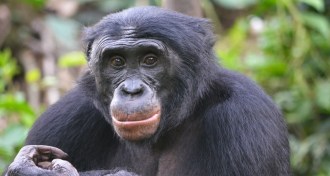 Anthropology
Anthropology‘Laid-back’ bonobos take a shine to belligerents
Unlike people, these apes gravitate toward those who are unhelpful.
By Bruce Bower -
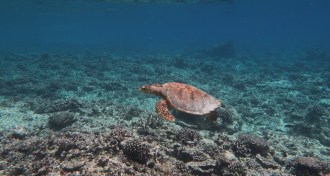 Oceans
OceansCorals are severely bleaching five times as often as in 1980
Corals are now bleaching more frequently and severely than they were in the early 1980s.
-
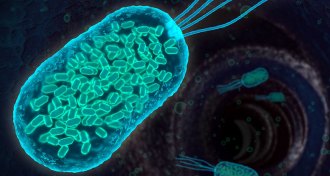 Microbes
MicrobesThese disease-fighting bacteria produce echoes detectable by ultrasound
Ultrasound can help keep tabs on genetically modified bacteria to better fight disease inside the body.
-
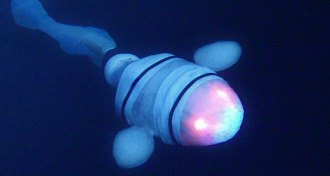 Animals
AnimalsRobot fish shows how the deepest vertebrate in the sea takes the pressure
Tests with a robot snailfish reveal why the deep-sea fish has mysterious goo in its body.
By Susan Milius